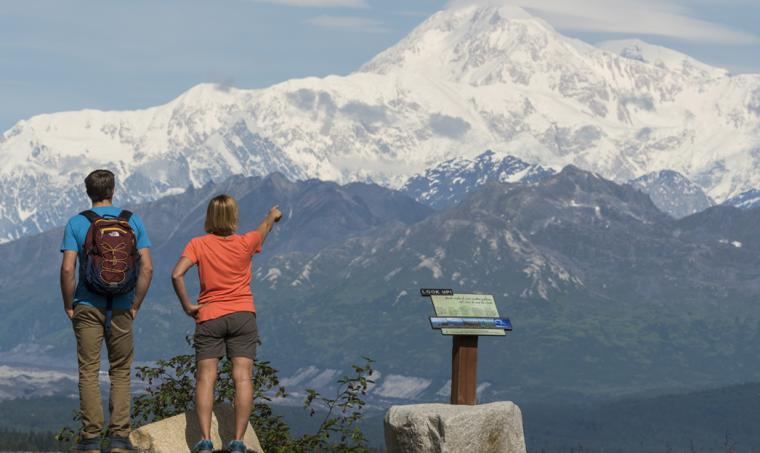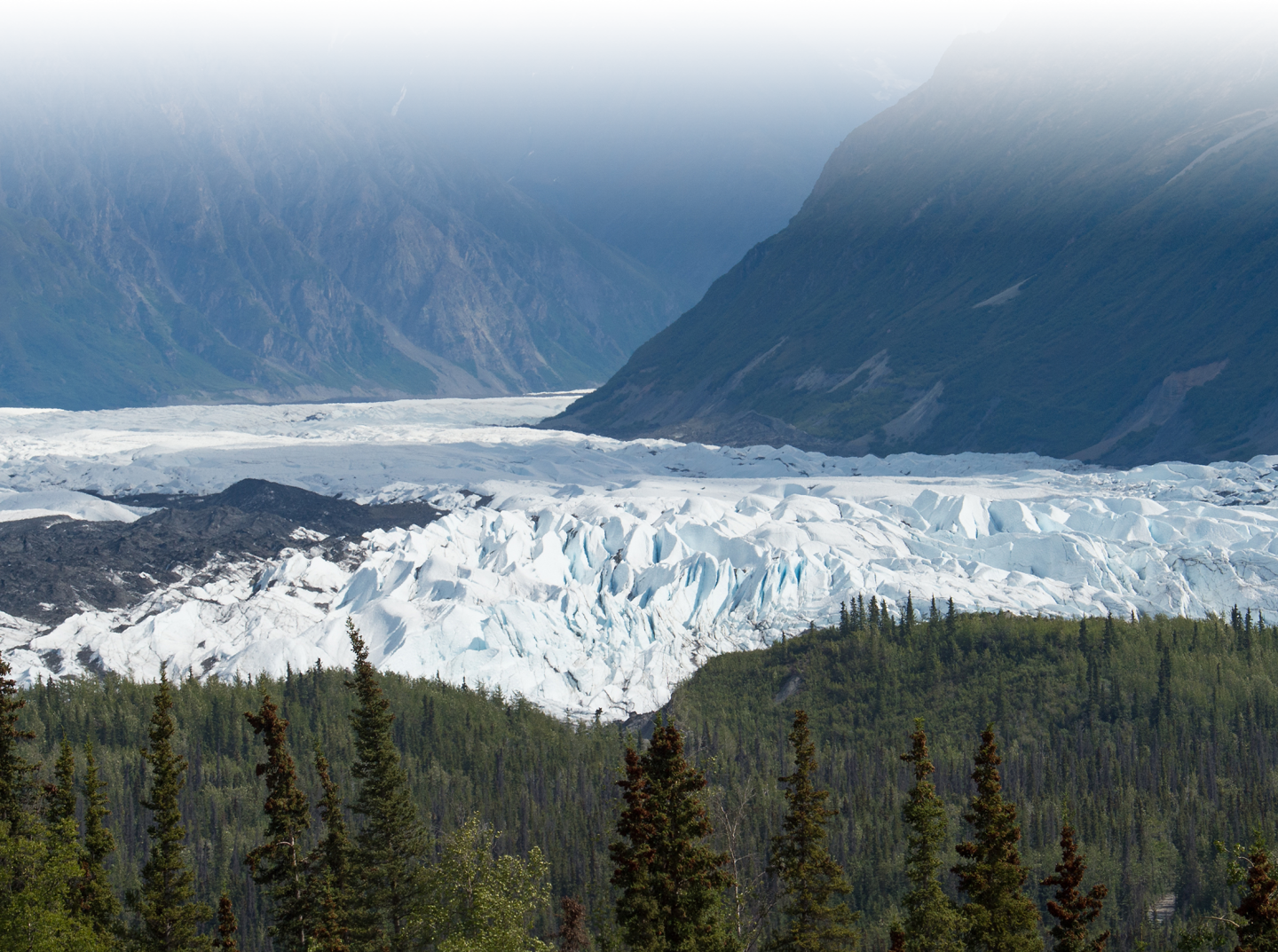The Mat-Su Valley is filled with adventures around every turn in the road, but how much do you know about the area? Here are five facts that may come as a surprise to many.
Size
The Mat-Su Borough encompasses 25,000 square miles, all the way north to Denali State Park along the Glenn Highway, and all the way north to Lake Louise along the Glenn Highway. To put that into perspective, it's nearly the same size as the country of Ireland. It's almost the same square miles as the entire state of West Virginia.
Denali National Park
Many people don't realize that part of Denali National Park is in the border of the Mat-Su Borough, because the entrance to the park is beyond our boundary. However, the total area of the Denali National Park and Preserve that is in the boundary of the Mat-Su Borough is 2,621 square miles. The total area of Denali National Park and Preserve is 9,416 square miles. Therefore, 27.8 percent of Denali National Park and preserve exists within our boundaries. Also, Denali National Park and Preserve makes up 10.4 percent of the total area of the borough.
Dog mushing
Many people know that the world-famous Iditarod dog sled race officially starts in Willow in early March. But did you know the Mat-Su is home to many recreational and professional mushers? Iditarod champions like Martin Buser and Dallas Seavey live in the Mat-Su Borough, along with fan favorite Dee Dee Jonrowe and former Yukon Quest champion Vern Halter. You can take a tour of many of these kennels in the Valley.
Gold
Many people know of Hatcher Pass, one of the most scenic places in Alaska. But did you know that Independence Mine was once the United State's largest gold mining operation? That's right - gold was being mined from Hatcher Pass and transported through Wasilla to Knik, which was a large community in the 1940s. When World War II started, the military needed all supplies, so the mine was shut down. Following the war, it reopened briefly, but never on the scale it once was. Today, you can tour the mine during the summer.
Birch syrup
You don't typically look at trees and think of them as crops, but in the Susitna Valley you can! The area produces the most birch syrup in the entire nation. It takes 40 gallons of maple sap to make a gallon of syrup, but when it comes to birch, you're going to need a lot more - it takes 100 gallons of birch sap to get a gallon of syrup. This sweet confection can be found in locally made products including ice cream, caramels and even local beers. Kahiltna Birchworks in Talkeetna, the largest producer of birch syrup, has a gift shop on the Talkeenta Spur Road.






